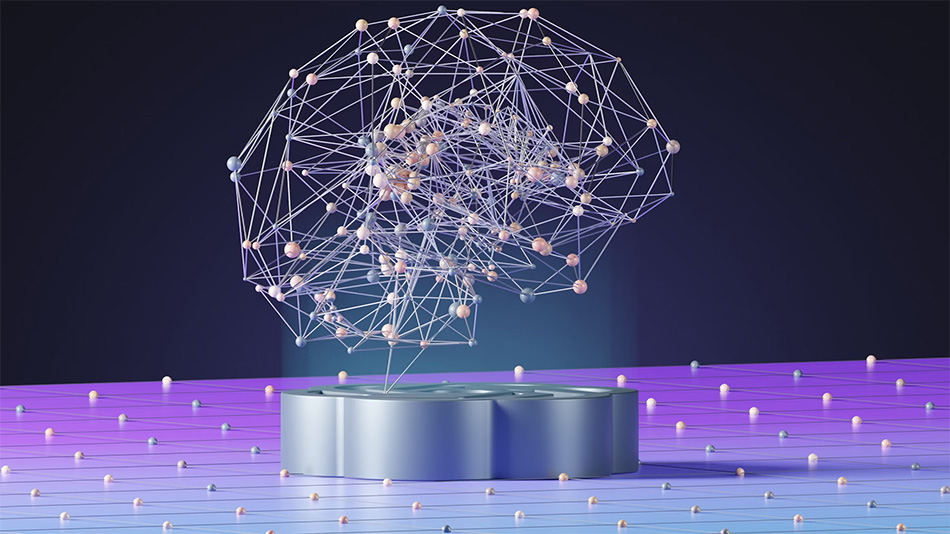Psychological Principles in Artificial Intelligence: A New Frontier

For decades, academics have been enthralled with the quest of Artificial General Intelligence (AGI), a system able of human-like intellectual activities. AGI is still elusive even if conventional artificial intelligence shines in several fields. Recent advances imply that including psychological learning models into artificial intelligence systems can open the path for discoveries. Dubbed “Machine Psychology,” this creative method stresses ideas of human cognition to create more intelligent and flexible systems. This multidisciplinary approach seeks to copy the adaptability and freedom observed in human intelligence. This helps to get beyond the constraints of present artificial intelligence frameworks. This vision fits the more general objective of building systems able of meaningful human-machine cooperation.
The Challenge of AGI Development

Creating AGI offers enormous difficulties. Unlike present artificial intelligence systems, which depend on established algorithms or large datasets, AGI has to adapt and generalize knowledge across several settings. From replicating neurological processes to using big-scale language models, researchers argue several routes to get this. Inspired by psychological learning theories, the principle-based approach—which emphasizes the fundamental mechanisms of intelligence—offers a hopeful substitute though. From healthcare to climate change, researchers are looking at how artificial general intelligence might handle difficult worldwide issues. Success in this field calls not only technical knowledge but also moral vision. AGI development is thus an engineering as well as a philosophical endeavor.
Machine Psychology: Bridging Disciplines

Combining computer technology and psychology, machine psychology replicates human learning. With this multidisciplinary method, knowledge acquisition, processing, and application by humans is aimed for replication. Systems can more effectively negotiate challenging, real-world settings by including ideas like flexibility and experiential learning into artificial intelligence. For dynamic problem-solving, the Non-Axiomatic Reasoning System (NARS) for example shows how well limited data and computer resources may be used. An approach for combining several learning opportunities into artificial intelligence algorithms is offered by machine psychology. This approach helps machines to properly apply accumulated knowledge in novel environments. Such powers deviate greatly from traditional, fixed artificial intelligence models.
Potential Benefits and Risks
The consequences of artificial general intelligence go much beyond mere technical innovation. AGI might, on one hand, transform sectors by generating virtual researchers, teachers, or psychologists. It might also help to solve social problems by encouraging more understanding and teamwork. On the other hand, the abuse of AGI generates major hazards like ethical conundrums and social separation. Maximizing advantages and reducing damage depend on prudent development and application. Dealing with these hazards calls for cooperation among disciplines including sociology, ethics, and law. Encouragement of a balanced approach helps developers to guarantee that AGI advances society. This entails building defenses to stop abuse and advance fair access.
The Role of Psychology in AGI
It is impossible to overestimate how much psychology helps AGI development. Research on human cognitive processes helps scientists to pinpoint the ideas behind intelligence and convert them into computing models. This method not only raises AI capacity but also clarifies human intellect. Should it be effective, Machine Psychology could reveal the secrets of artificial general intelligence by providing a road map for systems learning and thinking like humans. This method promotes both human psychology and computing systems by closing their distance. It creates fresh paths of insight into the basic essence of intelligence. In the end, this cooperation emphasizes the need of multidisciplinary research in the solution of challenging issues.
The path to AGI is both transforming and multifarious. Researchers are redefining the limits of intelligence by combining psychological learning models with adaptive artificial intelligence systems. Although obstacles still exist, Machine Psychology’s ability to close the gap between human and machine intelligence provides a glimpse of a time when artificial general intelligence (AGI) will be an effective friend in tackling the most important problems for mankind.